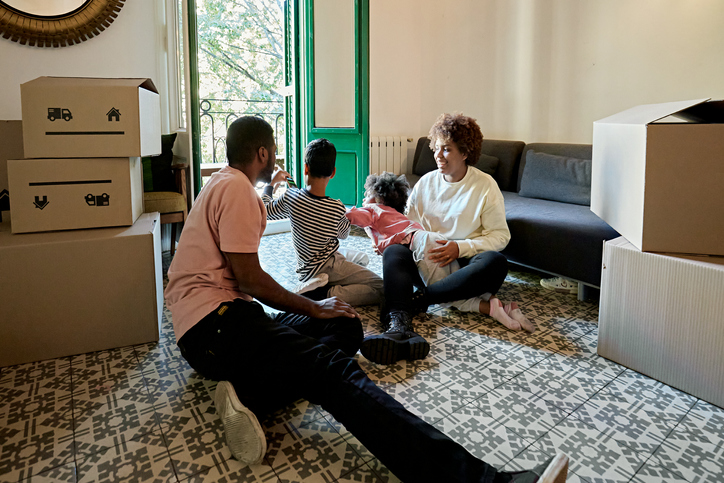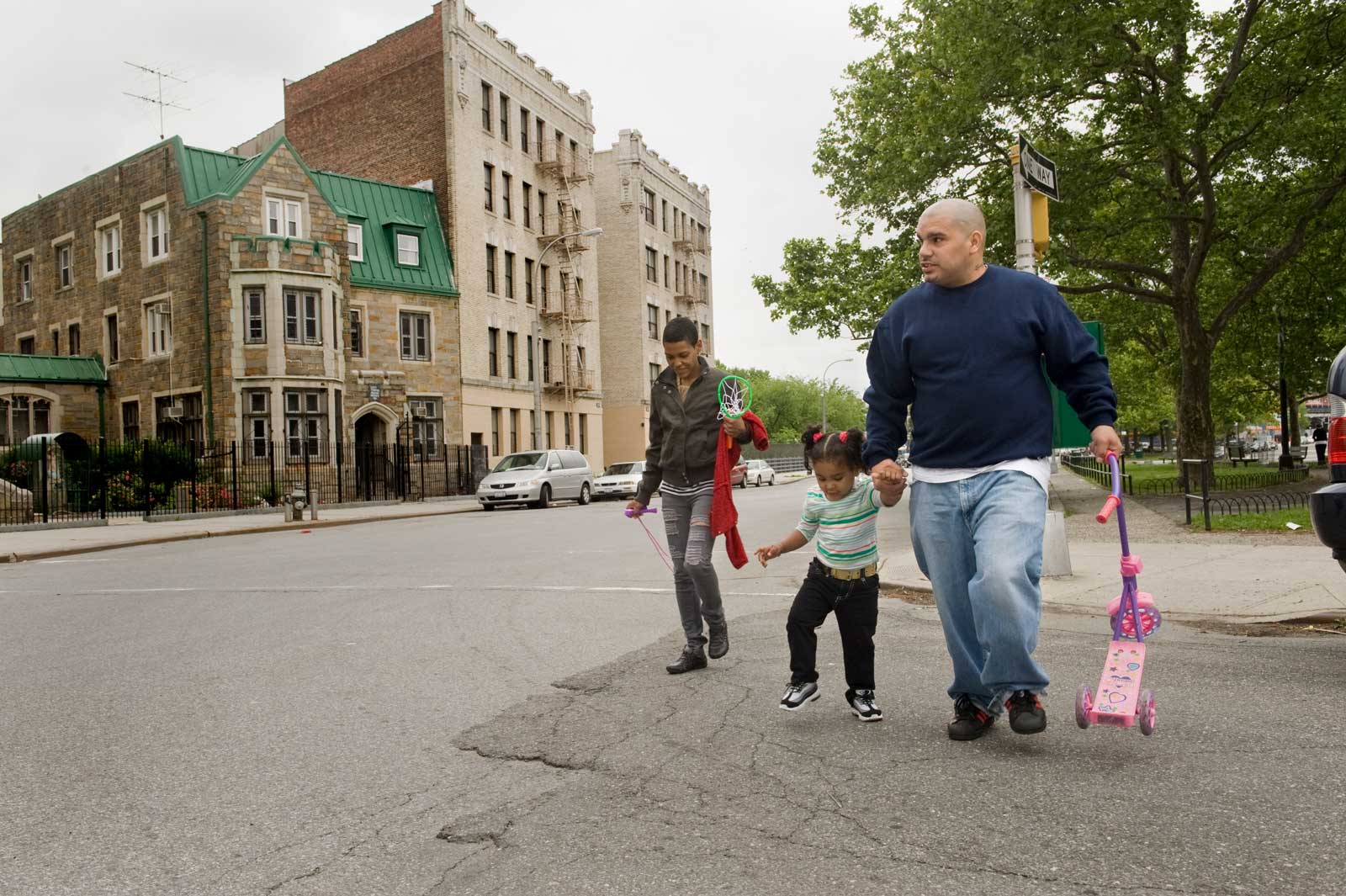Keeping Families Together
All children have the right to a stable home where they can thrive with their families.
The CSH Keeping Families Together (KFT) model uses supportive housing to bring stability to families with children at risk of recurring involvement in the child welfare system. KFT increases access to affordable housing and essential wrap-around services for the whole family. Services available through the KFT model can help parents struggling with the overwhelming burden of poverty and complex health needs to improve their lives, family stability, and overall well-being.
Research into this supportive housing model shows promise to keep families intact and reunite children with their families in a safe environment while using resources more effectively.
A Promising Model
The KFT supportive housing model was initially a pilot project designed and implemented by CSH and funded by Robert Wood Johnson Foundation. CSH partnered with agencies and providers in New York City to locate homes for, and provide wraparound support services to families involved in the child welfare system and experiencing housing instability.
Child welfare involvement among KFT families declined significantly during the pilot and most families had no new abuse or neglect cases after moving to supportive housing. All of the children eligible to be reunited with their parents did so and remained stably housed with them when the pilot’s two-year evaluation period ended. In addition, children participating in KFT improved their attendance in school.
A Federal Investment to Keep Families Together
Building on the success of the pilot, the U.S. Department of Health and Human Services Administration for Children and Families used KFT as a guide for a Federal Demonstration to provide vulnerable families with safe, affordable housing and the services and supports they need to stay together. As part of the federal program, sites in Connecticut, Iowa, Florida, Tennessee, and California brought supportive housing to more than 400 families with children at risk of, or already in, foster care placement. CSH led the technical assistance efforts for the initiative, which was also the first federal effort to specifically focus on creating supportive housing to reduce child welfare system involvement. An evaluation showed supportive housing significantly improves family housing outcomes and can support reductions in child placements and subsequent maltreatment substantiation, and increases in reunifications among children in out-of-home care.
Replicating National Success, Locally
How the KFT Model Works in Local Communities
KFT provides the foundation for more opportunities for families to stay together, reunify, maintain stability, and thrive. Based on continued lessons and findings, CSH and sites continue to enhance the KFT model and implementation approach.
Currently, efforts are underway to expand access to KFT housing opportunities that strengthen families, prevent and end child welfare involvement, and increase housing stability in Minnesota, Washington, Oregon, New Jersey, California and other jurisdictions.
The KFT model is a critical opportunity for communities around the nation to maximize investment in the futures of our children and their families. It is a model that believes that a home is a place that keeps families safe, healthy, and connected – allowing them to truly thrive.


Our Coalition Partners
One Roof is a national initiative launched in 2016 by CSH, in collaboration with national and local organizations, systems, and communities. This collaborative effort centers on better connecting child welfare and housing sectors, with a significant focus on increasing access to affordable housing aligned with services. One Roof seeks to shift the trajectory for families with children, reduce unnecessary family separation, and prevent young people from languishing in and aging out of the child welfare system without the family, community supports, and housing that they need to thrive.

